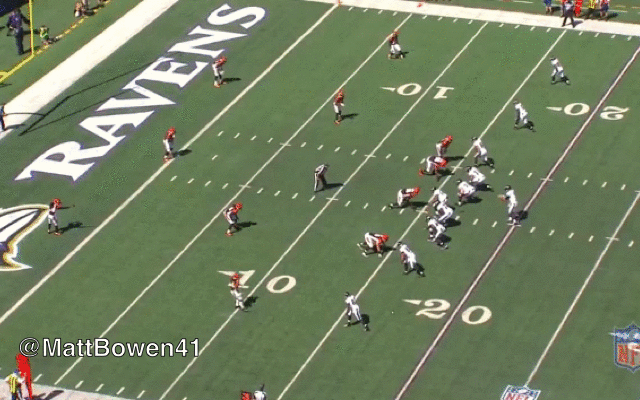Illinois Governor JB Pritzker is intent on driving the state’s citizens and businesses out the state in record levels. From his proposed (and since) failed “Fair Tax” in which he proposed a punishing progressive tax structure to continuing the state’s reputation as a difficult place to do business, he continues to preside over a mass exodus. Illinois is now ranked number two in the country of people leaving the state.
So, it should surprise no one that he is preparing to sign a new bill into law designed to stifle employers from conducting background checks on prospective employees.
In January, the Illinois state legislature passed Senate Bill 1480 which mandates employers draw a clear nexus between a prospective employee’s criminal history to the job they are being considered for and provide written notice to the applicant of the specific adverse information that led to the decision.
According to the law firm, Smith Admunsen the bill is expected to be signed into law by Governor Pritzker soon. They’ve outlined the high (low)-lights of the measure sure to create greater administrative burden on employers, opportunity for more litigation and impact the ability for businesses to protect themselves, their employees and their customers.
An employer may show that an individual’s criminal conviction history has a substantial relationship to the position applied for, or currently held, if the position provides an opportunity for the individual to conduct the same or similar offenses. Six different factors guide this analysis: (1) the length of time since the conviction, (2) the number of convictions that appear on the conviction record, (3) the nature and severity of the conviction and its relationship to the safety and security of others, (4) the facts or circumstances surrounding the conviction, (5) the age of the employee at the time of the conviction, and (6) evidence of rehabilitation efforts.
As to the phrase “unreasonable risk,” it is not defined. However, this phrase certainly places the burden on the employer to establish that a risk exists that no reasonable employer in similar circumstances should incur.
If an employer denies employment to an applicant because of a conviction record, the employer must provide written notice to the applicant that specifically identifies the relevant conviction record underlying the decision and the employer’s rationale for why the conviction disqualifies the individual from employment. The employer must then give the applicant at least five (5) business days to respond to the employer’s notice and provide evidence to refute the employer’s concern. If the employer still decides not to hire the individual, the employer must provide another written notice informing the candidate of their right to file a charge of discrimination with the Illinois Department of Human Rights. This same process must be used for employers taking adverse action against existing employees based on criminal convictions.
Do I Hear An Echo?
If these obligations sound familiar it’s because most of them are already addressed by both the Fair Credit Reporting Act (FCRA) and the 2012 Equal Employment Opportunity Commission (EEOC) Guidance on Employers Use of Criminal Records.
Among other things, the FCRA requires employers to follow the two-step adverse action process when they’ve determined that something on a background check might affect their hiring eligibility. Employers have to provide written notification, include a copy of the report and inform them of their rights under the FCRA
As for the EEOC guidance, it “recommends” (mandates) employers consider a number of factors when determining whether a criminal record could be used to determine hiring eligibility. Those factors include severity of offense, job relatedness, recency of record, whether the person is a repeat offender, etc. However, an employer is still free to make their own determination on hiring eligibility after considering these factors.
What is the Real Effect?
Clearly, the state doesn’t fully appreciate the role employee background checks play in protecting businesses, their employees and their customers. They seem to be ignoring the real liabilities that amass for those that do not perform effective background checks from the financial loss, damages from violence in the workplace and loss of a company’s overall reputation. Note that the law didn’t include indemnification to employers who relax their hiring guidelines only to face the aforementioned losses when a person with a record recidivates.
I understand and agree that employers need to be fair in determining who to hire and that the mere presence of a criminal record shouldn’t be a permanent scarlet letter. However, given that the above federal obligations are already imposed on employers across the country, why would the state of Illinois feel compelled to enact this law?
In addition to creating greater administrative burden for employers, this is meant to create a chilling effect on the use of employment background checks. And in creating this administrative burden, it is inviting the opportunity for significant litigation based on negligent hiring practices and technical violations.







